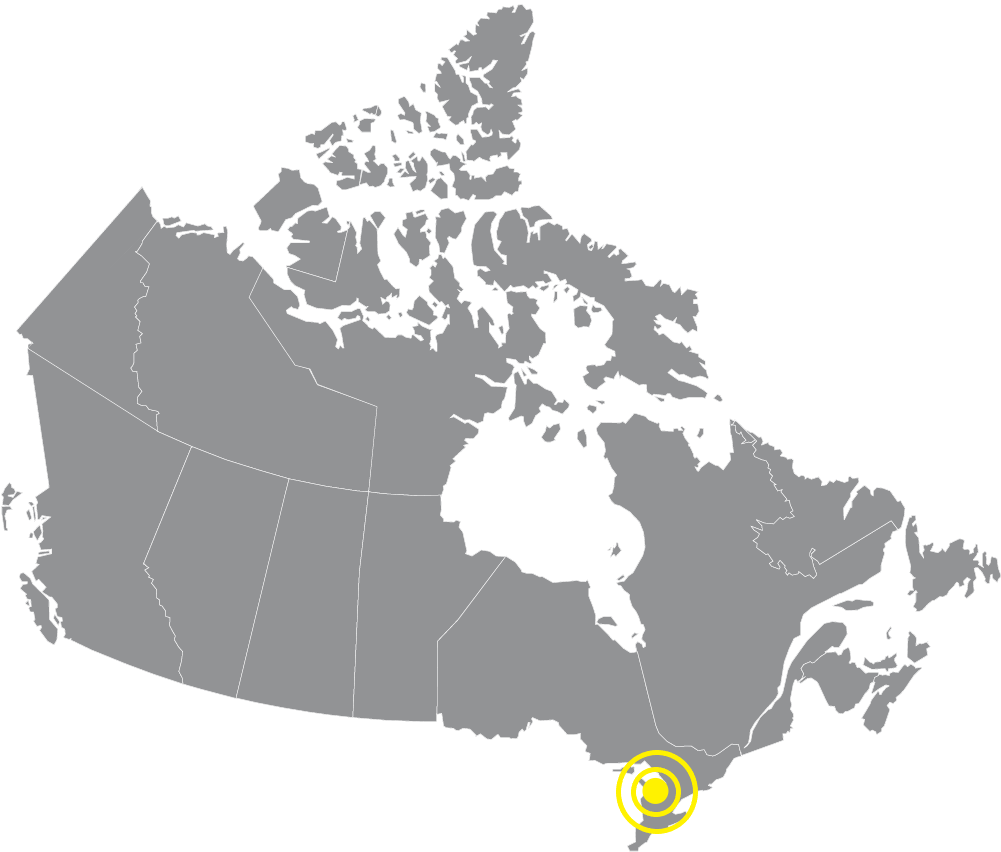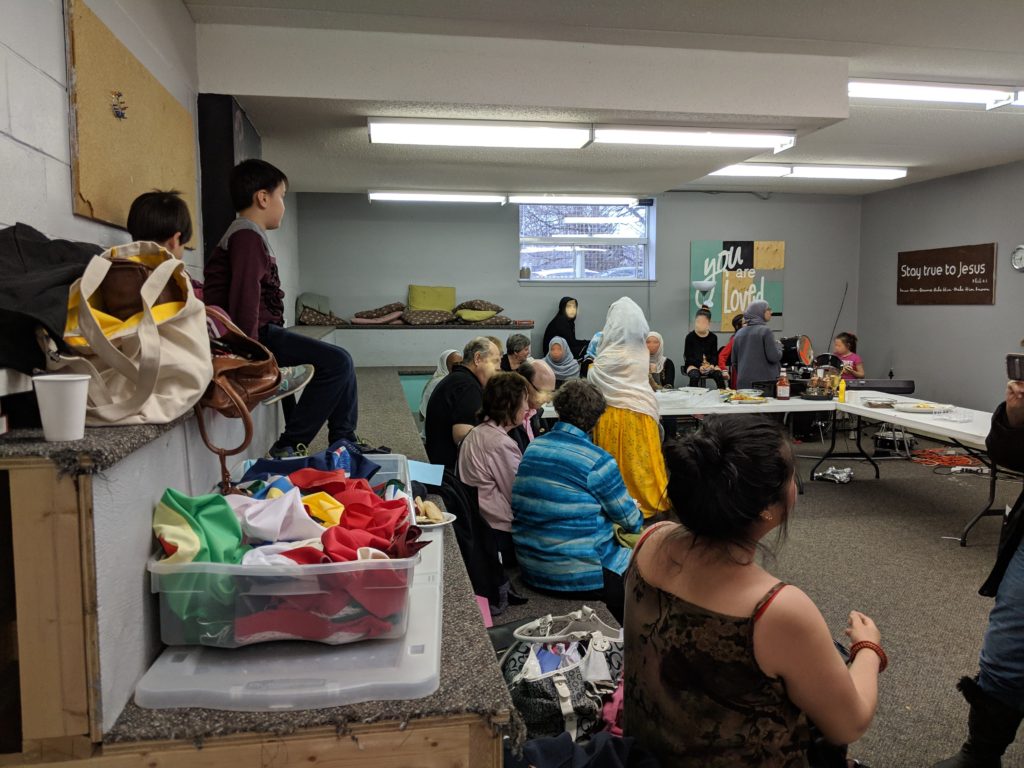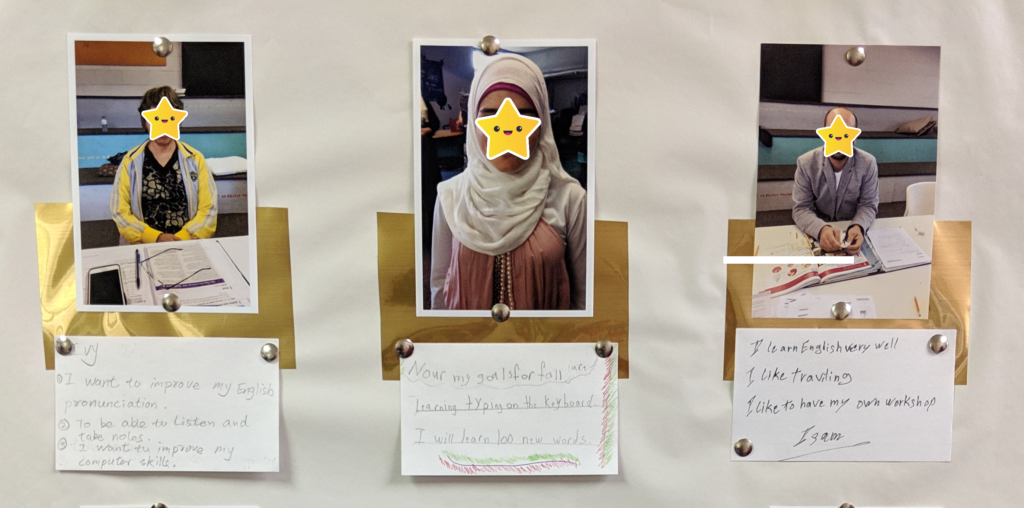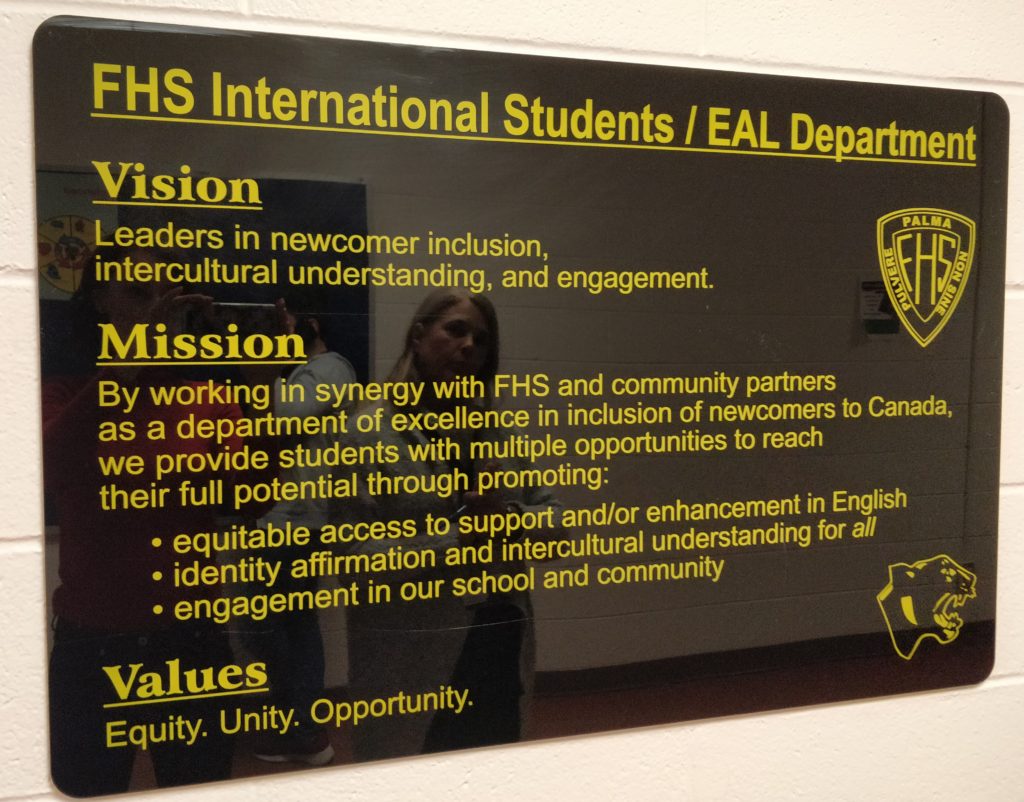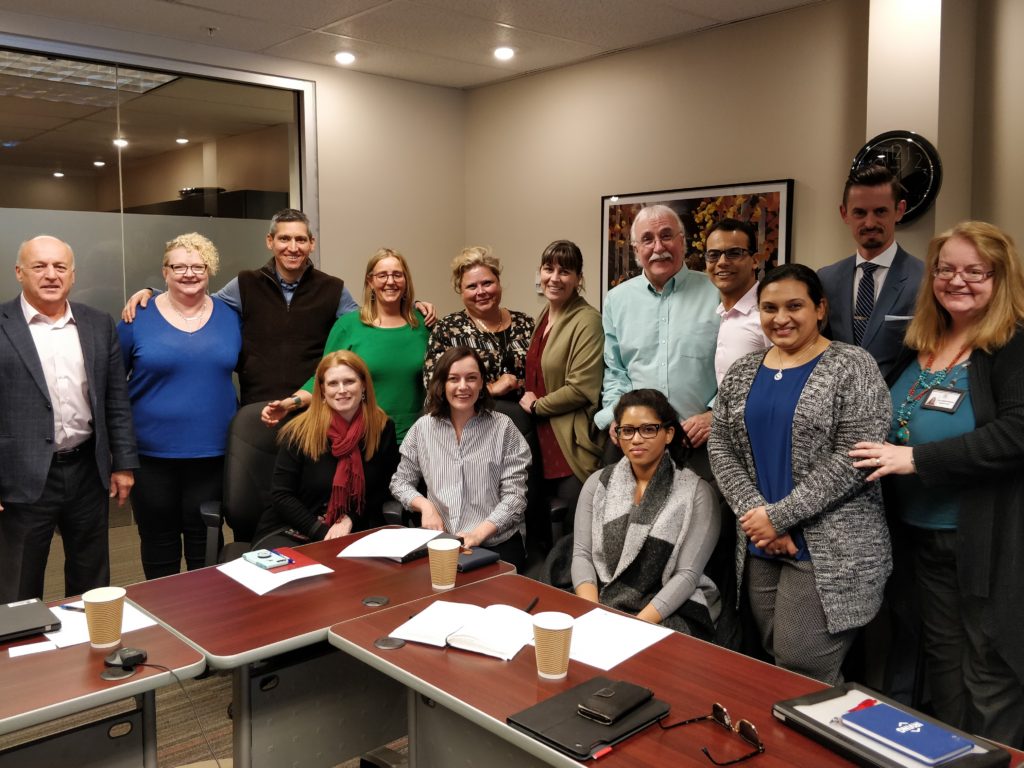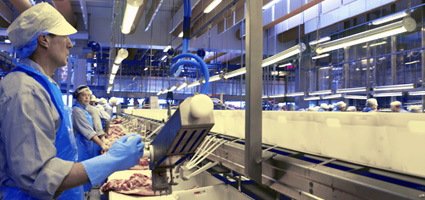
https://www.dailyposts.org/egypt-to-construct-meat-processing-plant-in-tanzania/
Legend has it that the population explosion which took Brooks, Alberta by surprise in the 1990s was all predicted by one man who was chased out of town!
When the owners of the town’s meat processing plant sold to a multinational company in 1994, a University Professor from the US who had heard about the sale arrived in town. He went to talk with locals, the Chamber of Commerce – really anyone who would listen – and ended up in a meeting with City Council.
The man gave a cautionary message. He told them that he had been studying meat processing plants for the last 30 years of his life and warned them of the significant change about to happen within their community. He advised that it was impossible to predict exactly what this would look like but that the population was likely to double in size, and that there would be many people arriving who look different, talk different and come from different backgrounds. “One thing is clear”, he said, “you will have to adapt and change”. City Council quickly dismissed the man’s message as fear mongering and chased him out of town.
St Cloud, Minnesota shares a similar past. When PM Beef processing plant in the nearby town of Marshall closed down in 2015, over 250 employees found themselves suddenly without work. Many of these were Somali refugees who, in urgent need of a job, moved to St Cloud which was the closest major town. Since then the population of Somalis in St Cloud has boomed and is at just over 10,000 in a city of 100,000 people. Locals credit this to the initial critical mass of Somalis that moved there following PM Beef’s closure, which then sparked others to relocate from different parts of the US. St Cloud is doing well in terms of settling its new residents but there is still a real sense of concern amongst some people about the rapid pace of change. And this has caused divisions within the community.
You will see this trend no matter where you go in the world, Australia included. Meat processing companies are a major employer of low or semi-skilled workers, jobs often filled by migrants or refugees. The companies are usually pretty switched on at how to recruit and retain refugee employees. Working in an abattoir is not the most appealing job, so offering incentives like accommodation, transport to-and-from work and English language classes in the workplace can help sweeten the deal.
This impacts on communities. And when business can be the trigger for large scale demographic changes, how can community members be brought along as key stakeholders to plan and prepare? Trends like those associated with the meat processing industry are well documented, so the worst thing we can do is stick our head in the sand and ignore possible impacts. Surprises for any community will lead to conflict, so careful planning and community involvement is key.

